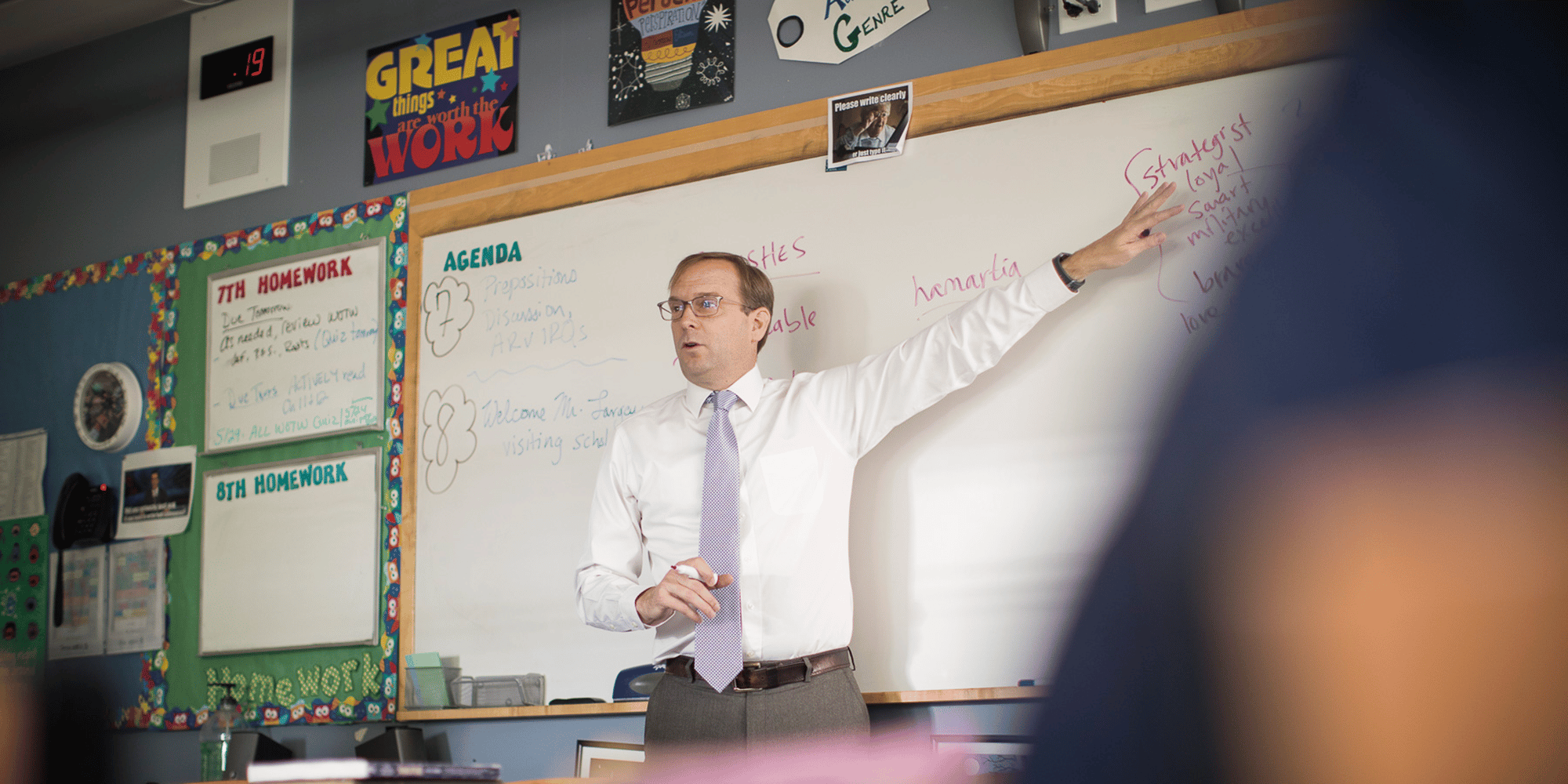Welcome back! I hope that everyone was able to enjoy a delightful February break. Here on campus, Blair Fross, Joe Jean-Mary, and their team hosted a wildly popular Star Wars-themed vacation campcomplete with a visit from Princess Leia and Darth Vader to round out an intergalactic week here at BDS.
I spent the week recharging with my family and doing my best to catch up on some reading which had fallen by the wayside. Alas, all I could muster was half of Joyce Kearns Goodwin’s Leadership in Turbulent Times and all of Ruth Ware’s The Woman in Cabin 10 (a beach-read thriller in stark contrast to Goodwin’s study of Lincoln, both Roosevelts, and Lyndon Johnson). But it would be a New York Times article that I read this week, between the moments of re-entry with faculty and students, that stopped me in my tracks. Frankly, I’m still reeling a bit in my effort to make sense of it.
The article, “Plagiarism Software Unveils a New Source for 11 of Shakespeare’s Plays,” is about Dennis McCarthy, a Shakespearean scholar who has come across the manuscripts of George North. Before reading the article, this name meant nothing to me, yet it turns out that North may have informed not only the storylines but the very language of nearly a dozen of Shakespeare’s plays. As is often the case with Shakespeare, my glasses are rather rose-colored. I was a double major in English and theater as an undergrad. Shakespeare comfortably occupies the space where those two roads meet. As such, this news was quite disappointing, shocking even.
Then I got to thinking about my curriculum and the opportunity to teach authentically to the core value of honesty in my English classroom. (My curriculum includes The Tempest, and not one of the eleven plays mentioned in the article.)
I look forward to sharing this article and then asking my students a long list of questions:
- Does the possibility that Shakespeare borrowed ideas and language over four hundred years ago change the excellence of the text today? If so, why?
- What happens when honesty is compromised, and we are left to reconcile how our feelings change about a particular subject as a result? And how is this applicable beyond the language of Shakespeare?
- What about athletes who have been caught using performance-enhancing drugs? What about musicians who have borrowed music without acknowledgment or royalty? Does that change the way we think of these athletes or musicians?
Neverand I mean, neverdid I imagine that my position on Shakespeare as the greatest writer in history might change. I have stood by that take with sincere and passionate conviction. So, what now?
I guess this is what I love about education and lifelong learning: it requires flexibility and adaptability, especially when a longstanding belief you have held is challenged when you aren’t expecting it. It’s not what any of Goodwin’s presidents were up against, but for me, these are certainly some turbulent times!
Click the B to listen to this message at Blue Handprint Studios!





